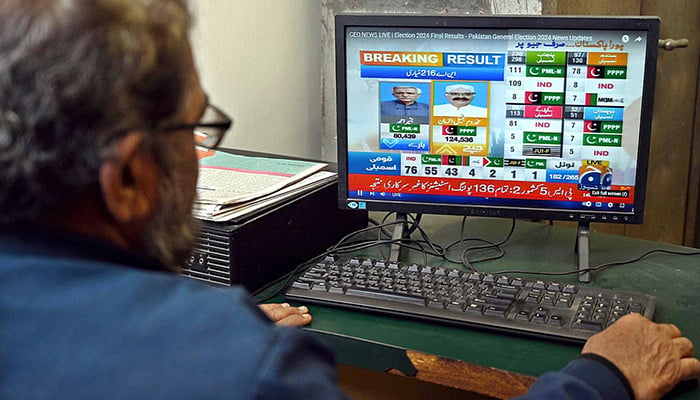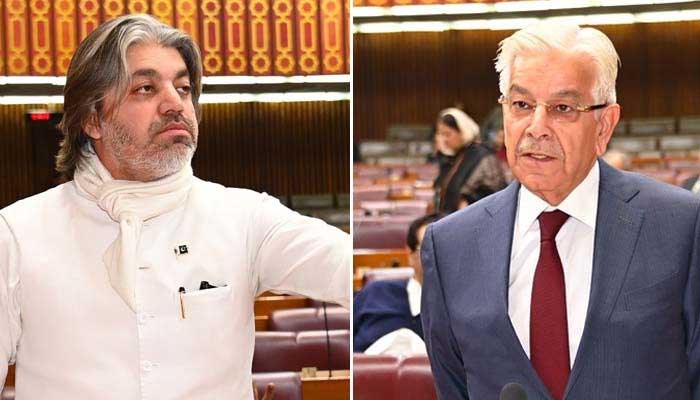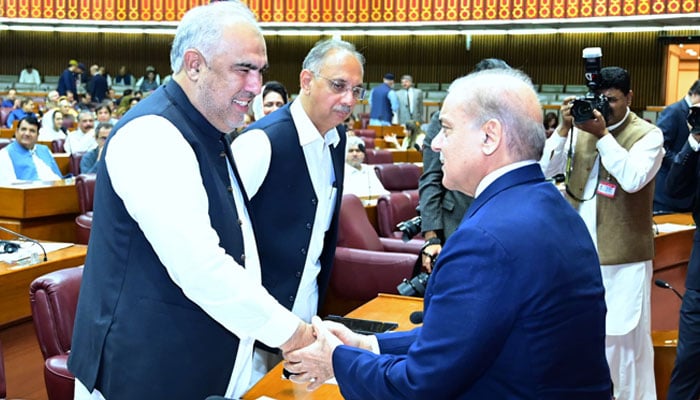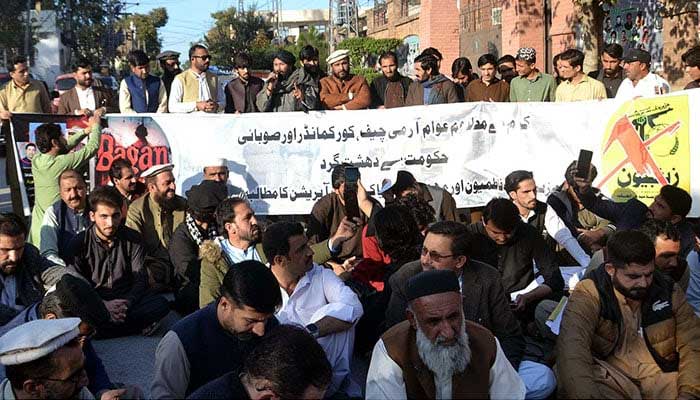Winter worsens humanitarian plight in Kurram
Blockades and shortages cripple Kurram’s healthcare; pneumonia cases surge in children
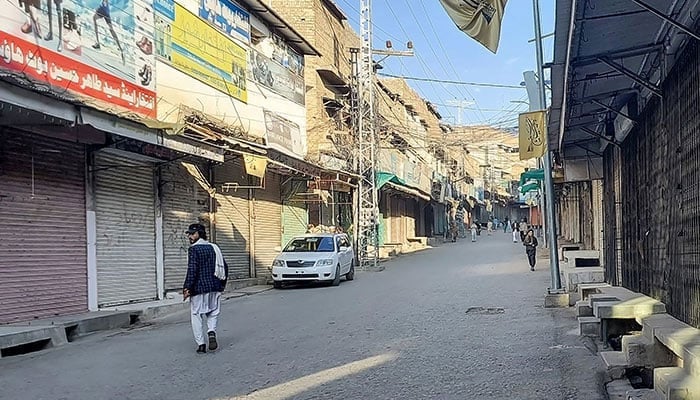
Earlier this month, Syed Ajbar Hussain’s seven-month-old grandson developed a severe chest infection. Hussain and the child’s father rushed the infant to a local hospital in Parachinar, located in Kurram, a tribal district in Pakistan’s Khyber Pakhtunkhwa province, in search of urgent medical treatment, according to The News.
However, the care they desperately needed was unavailable. “We couldn’t find the medicines or even the injections we needed anywhere,” Hussain told The News. “Not even Panadol to reduce his fever.”
Without the necessary medication, the child’s chest infection quickly worsened into pneumonia. On December 11, the infant passed away.
Hussain cries uncontrollably as he recalls the loss of his grandson, whom he had named Syed Rohan Shah. “I have only one son, and he was recently blessed with a son. But now, he’s gone back to Allah.”
In recent months, Kurram’s already fragile healthcare system has been buckling under the weight of shortages and blockades. For which, Hussain, like many others in the region, holds the federal and provincial governments responsible for the dire situation.
“They have failed us. They have failed to establish their writ”, he said.
Kurram, a district of more than 600,000 residents near Pakistan’s border with Afghanistan, has long been a hotspot for sectarian violence. But recent months have seen escalating tensions, with clashes since July to date leaving over 200 people dead.
In October, the provincial government shut down the main highway leading into the district, effectively isolating Kurram and triggering a humanitarian disaster. According to local doctors, the lack of access to basic medicines has contributed to a rising death toll, particularly among children.
Sources affiliated with rescue service, Edhi, on Sunday said that 50 children have died due to lack of medical treatment so far.
Of these, 31 deaths occurred at the DHQ Hospital in Parachinar, while the remaining fatalities were recorded at other local hospitals.
As perThe News, deaths of 29 children were confirmed by four doctors and hospital records.
Many of these deaths were due to untreated illnesses, including chest infections and pneumonia.
However, KP Chief Minister’s Advisor Barrister Muhammad Ali Saif denied that the deaths are linked to the current crisis.
In a press conference on December 18, Saif said that while the provincial government is still investigating the cause of the deaths, “I can assure you that these deaths were not due to lack of facilities. There may be other maternity-related issues. Misunderstanding is being spread.”
Doctors further cautioned that the true death toll is likely higher, as many children may have died at home without receiving medical care.
Dr Hameed, a physician in the area, said that pneumonia has become the leading cause of death among children, with many dying because their infections could not be properly treated. “We simply don’t have the resources to treat them”.
Dr Shujaat Hussain, another local doctor, expressed frustration over the scarcity of even the most basic medicines. “Something as simple as Panadol syrup has not been available for months”, he told The News. “We need Panadol to reduce a child’s fever, but it’s nowhere to be found.”
The provincial government, however, insists that it is providing assistance. In recent weeks, it has sent a large batch of medicines via helicopters.
But Haneef Hussain, president of the local drug association, was critical of the aid. “They sent malaria medication and doctor’s gloves”, he said. “That is useless stuff. What we need are medicines to treat common illnesses like chest infections and pneumonia.”
This week, even philanthropist Faisal Edhi had to travel by helicopter to reach Parachinar to distribute relief supplies, since roads remain closed. “Hospitals are running out of oxygen tanks, fuel, and medicines”, he told The News. “Child wards in both public and private hospitals have been shut down because of the shortages.”
Edhi also pointed to the acute lack of basic supplies, including firewood for heating, which has made the already harsh winter even more unbearable for residents. “For a population of 400,000, sending one or two helicopters won’t solve the problem. The roads need to be reopened immediately to allow goods and medicines to reach the people”, he added.
People stranded in Kurram airlifted via helicopter
As many as 27 people stranded in Kurram were airlifted to Tal via a second flight of a helicopter on Sunday, officials told Geo News. A total of 16 members of the jirga and government staff were shifted to Parachinar, while more people stuuck in Tal will be shifted to Parachinar on a third flight.
Sources said that over a 100 people will be airlifted today in a total of five helicopter flights.
Meanwhile, the authorities have continued to dispatch the medicines to Kurram via helicopter, as directed by CM Ali Amin Gandapur.
They said that medicines worth over Rs60 million have been delivered through seven helicopter flights to address the acute shortages in the region.
CM Gandapur acknowledged the severe challenges faced by the people of Kurram.
“The provincial government is utilising all available resources to alleviate the hardships faced by the people of Kurram,” the chief minister added.
Gandapur further stated that serious steps are being taken to ensure sustainable peace and a permanent resolution of the issues affecting the district.
Citizens protest road closures
In Parachinar, citizens continue the sit-in outside the Press Club to protest the prolonged closure of transport routes. Despite the severe cold, protesters have pitched tents and vowed to continue their demonstration until the roads are reopened.
Protest leaders highlighted the dire consequences of the closures, saying: “The sit-in will not end until transport routes are restored.”
Social activist Asadullah described the situation as a crisis, citing the closure of main roads and the Afghan border as primary causes of severe hardships for the citizens.
“Shops are empty, and markets are shuttered due to a critical shortage of food, gas, and essential supplies,” said Asadullah. He added that food stocks have been exhausted, leaving restaurants and tandoors unable to operate and pushing residents to the brink of starvation.


